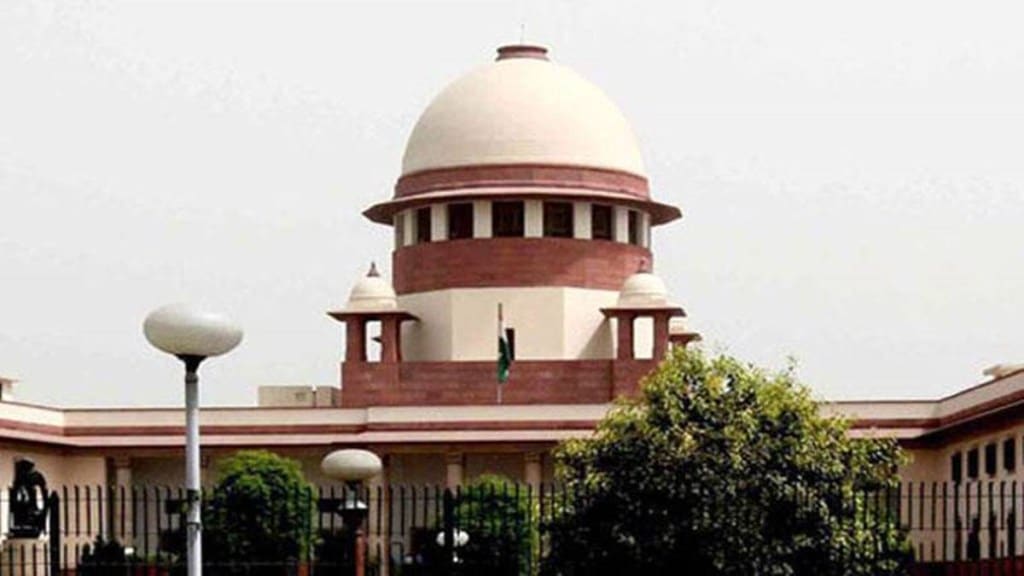The Kerala government moved the Supreme Court on Monday seeking its intervention in the prolonged delay in the consideration of eight crucial bills by the state’s Governor, Arif Mohammed Khan.
The bench, headed by Chief Justice of India DY Chandrachud, took cognisance of the matter and issued a notice while calling for the assistance of Attorney General R Venkatramani and Solicitor General Tushar Mehta.
Also Read:Adani-Hindenburg row: Plea in SC seeks contempt action against SEBI
The hearing on the plea is scheduled for Friday, November 24, following a petition filed by former Attorney General, who represented the Kerala government in this matter and Senior Advocate KK Venugopal.
According to the plea filed by the state government, the delay in the Governor’s consideration of these bills, spanning from several months to nearly two years, raises fundamental issues regarding democratic governance and the implementation of welfare measures intended through these bills.
Also Read: Uttarakhand tunnel collapse: What is new 5-point action plan to rescue 41 trapped workers?
“The conduct of the Governor, as would presently be demonstrated, threatens to defeat and subvert the very fundamentals and basic foundations of our Constitution, including the rule of law and democratic good governance, apart from defeating the rights of the people of the State to the welfare measures sought to be implemented through the Bills.” the state government’s plea stated, as per Live Law.
Senior Advocate KK Venugopal, representing the Kerala government, underscored three critical points before the apex court.
Also Read:No odd-even rule in Delhi from November 13, Kejriwal govt scraps idea after SC’s rebuke
Article 168 which states that the Governor is an integral part of the legislature for every state, reads that there shall be a legislature which should consist of the Governor and two Houses to be known respectively as the Legislative Council and the Legislative Assembly. Secondly, he highlighted the conversion of three ordinances into bills by the Legislature and lastly, Venugopal drew attention to the pending bills that have awaited the Governor’s assent for durations ranging from 7 to 23 months.
The state’s writ, submitted to the Supreme Court, sought a declaration mandating the Governor’s timely review and disposition of each bill without unnecessary delays. Furthermore, it demanded a specific acknowledgement of the Governor’s failure to execute constitutional powers and duties by prolonging the consideration of these pending bills.
The bills pending the Governor’s consideration and the elapsed time since their presentation include the University Laws Amendment Bill (1st Amendment) 2021, University Laws Amendment Bill (2nd Amendment) 2021, Kerala Co-operative Societies Amendment Bill 2022, and several others.
